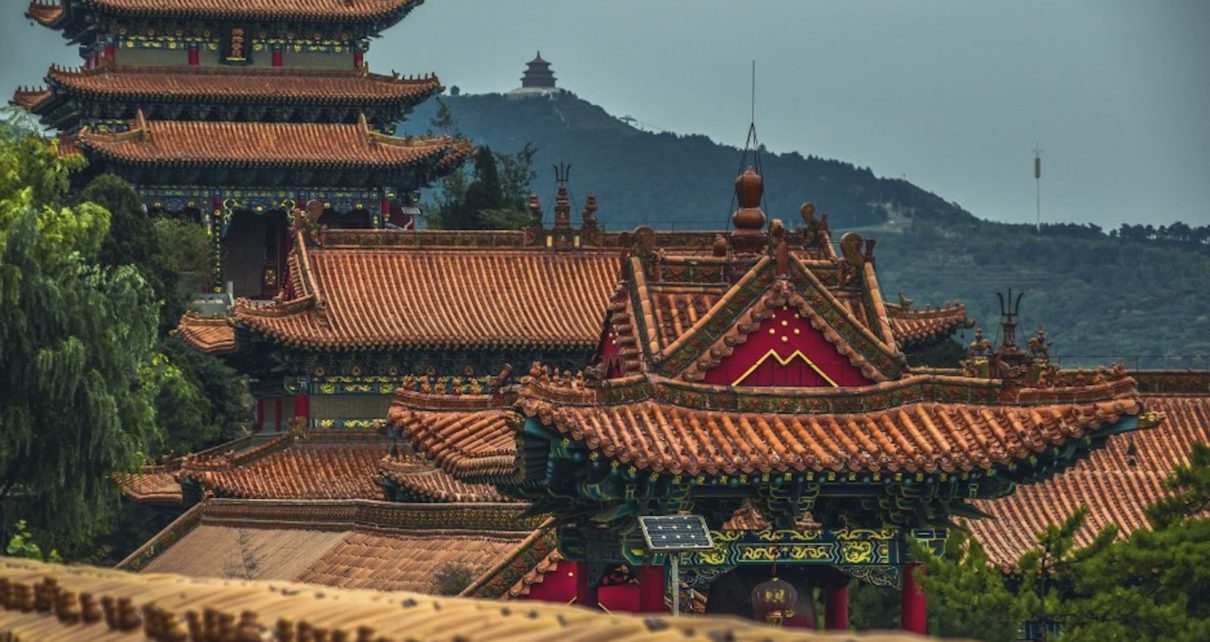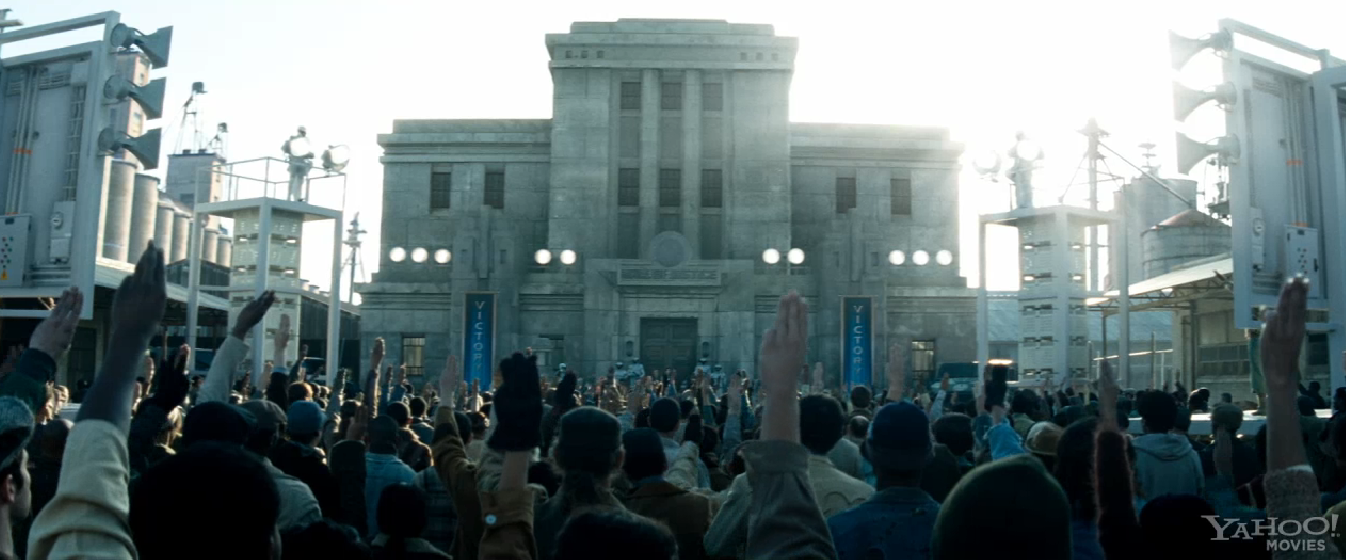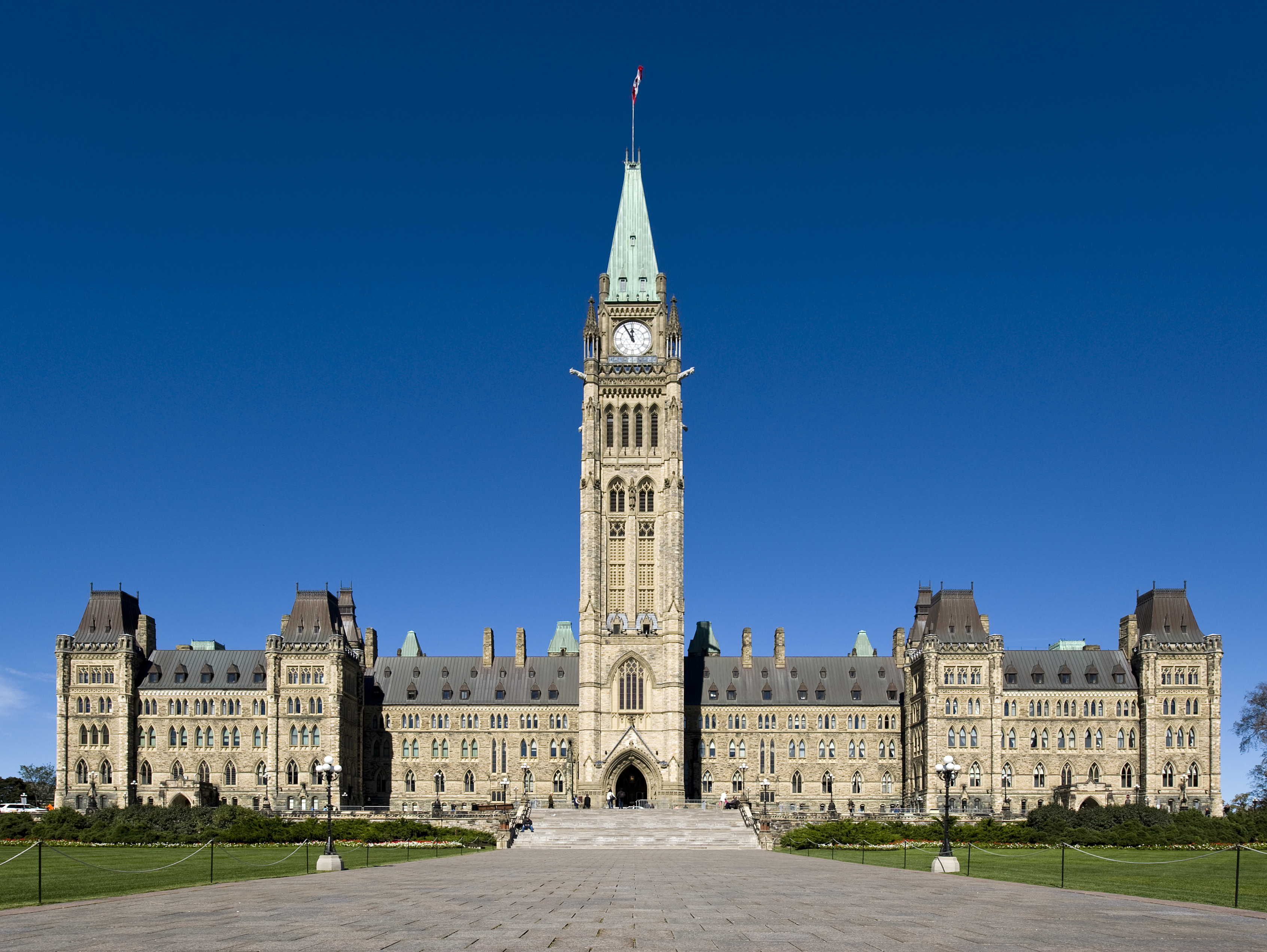If you read “China” in Chinese, it actually means “Middle Kingdom.” It epitomizes why, politically and culturally, a significant proportion of the Chinese population believes that China is a superlative civilization that must restore itself to its “former glory.” Chinese emperors have fought for control of one of the longest-lasting empires on earth, from the mythical beginnings of the great dynasties until the eventual fall of the last imperial house. Arguably, China today conceives of itself less like a nation-state and more like a transnational civilization, tied significantly to its historical legacy and tributary relations. This mentality helps to explain both Chinese foreign policies and the attitudes of many of its citizens.
China is a unique entity on the international stage today because the Western liberal democracies and China have largely different political histories and systems. China has had such a confident culture embedded in its history, that when it could have opened up to the rest of the world in the eighteenth century, Confucian ideology, anti-Western sentiment, and a set of isolationist policies all stood in the way of that happening. The inward-looking policies implemented during the Ming and Qing dynasties were in response to the “threatening aggressive western colonial forces,” which ironically made China vulnerable to Western imperial predation.
The idea of China as a Westphalian-style state – with firm borders and sovereign equality with other states – is quite recent; rather than functioning as a nation-state, China more closely resembles a continental culture. In the past, China’s international relations were similar to a tribute system in which other nations would get political legitimacy, trade, and some degree of protection in exchange for accepting Chinese supremacy. With a longstanding history of being the Middle Kingdom, resultant pride prevented the Chinese from accepting foreign ways early on, so that as the West progressed rapidly after the Industrial Revolution, China was reluctant to reform. Today, this sense of historical superiority is not limited to the Chinese government, but extends to a large portion of Chinese people, who are intensely nationalistic.
Even though China fell behind the West in the nineteenth century, its historical status and great power mindset lingers in its sense of self. And beyond domestic improvements and advancements, a larger, more ambitious goal for the Chinese Communist Party (CCP) involves seplanting US power and using regional primacy as a stepping stone on the way to becoming a global power.
China’s rise in the 1980s can be attributed to a combination of factors in addition to its orientation towards global capitalism. For example, it made use of the colonial legacies left behind, which linked China to the global economy prior to its formal integration. In addition, China enjoyed the benefit of historical backwardness, as Russian revolutionary Leon Trotsky put it. The pre-capitalist peasants were atomized and subordinated by Mao’s Communist Party, which inherited a powerful absolutist state and exploited the nation’s pre-capitalist background. Then, as cheap labour in export processing zones, this labour force was drawn into large cities.
The practice of the modern-day CCP to “cherry pick” which aspects of communism to impose on Chinese society is another ingredient in the country’s recent success. The majority of communist officials in China are aware that their official ideology has been completely debunked by the country’s past economic failures under Mao, but they continue to hold onto power and tout the “efficient governance” benefits of their system inherited from Marxist socialism. China made the decision to give up communist internationalism and increase its power by instilling strong nationalist aspirations in all generations, but especially in younger ones.
For decades, the Chinese government was eager to develop geopolitically and modernize its economy. On the one hand, these goals were originally defensive in nature; they were set to prevent colonization and invasion. Even the Belt and Road Initiative could be charitably interpreted through this lens. Indeed, China has capitalist modernization of historic swiftness few other states could complete.
On the other hand, the Communist Party is seeking to restore China’s position as the ‘Middle Kingdom’ for offensive purposes. The 2022 US National Security Strategy asserts that China stands as the sole contender for worldwide dominance that can challenge the United States, possessing both the intent and an expanding capability to reshape the global order. This intent is rooted in President Xi Jinping’s national strategy, aiming for the “great rejuvenation of the Chinese nation” by 2049. The capacity to achieve this lies in China’s transformation of its military into a modern and “world-class” instrument of statecraft, strategically adapted to combat what Beijing sees as an “increasingly turbulent international environment.” China has accelerated its progress in building its ability to “fight and win wars” against a “strong enemy” and ultimately project power globally.
Not only are the intent and capacity for offensive operations both present, empirically PRC political warfare has routinely undermined U.S. national security globally. The U.S. Department of Defense notes that, “Between the fall of 2021 and fall of 2023, the US has documented over 180 instances of PLA coercive and risky air intercepts [in Taiwan] and around 100 instances of coercive and risky operational behavior against U.S. Allies and partners.” China’s intentions of changing the world order are clear, and it is evident that it is not scared to use both defensive and offensive means to achieve this goal.
Photo: “Brown and Red Temple” (2019) by Lian Rodriguez via Pexels. Public Domain.
Disclaimer: Any views or opinions expressed in articles are solely those of the authors and do not necessarily represent the views of the NATO Association of Canada.




